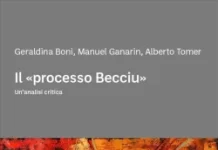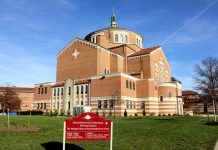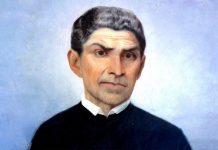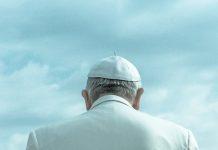For the cardinal, accepting ‘new’ sources of revelation already happened in Nazi Germany.
Newsroom (3/10/2022 12:31 PM Gaudium Press) — In an interview with Die Tagespost, Cardinal Kurt Koch, the prefect emeritus of the Pontifical Council for Promoting Christian Unity, gave riveting statements on several topics.
On the dictatorship of relativism, an expression coined by Pope Emeritus Benedict XVI, the Swiss cardinal, stated that “this dictatorship is very widespread today. Because one of the basic presuppositions of the Zeitgeist (spirit of the times) is that claims to truth are immediately equated with indoctrination and intolerance, fundamentalism and fanaticism.”
On the deposit of faith, he observed that “Christian faith is the disciplined rethinking of what God thought and said before us. We cannot dispose of this revealed truth; we can only receive it and pass it on in humility. Therein lies the real binding force of God’s revealed truth.”
Alluding to the deviation from the German Synodal Way, Cardinal Koch also noted that “the first recipient of the revelation of God’s truth is not simply the individual Christian. For he cannot believe by himself, but only with the Church. The individual Christian can live his faith only in the faith community of the Church. The first addressee of the truth revealed by God is thus the Church, that is, the universal Church. Proclamation and theology are fruitful when their agents believe and think together with the whole Church and are oriented towards the true ‘origin’ of the Christian faith, that is, towards God’s revelation and its transmission in the living tradition of the Church.”
“When revelation is no longer the measure of proclamation and theology, but, on the contrary, thought itself wants to decide what belongs to God’s revelation, the irresistible impulse to develop an original theology and proclamation arises. What the First Vatican Council said about the Pope also applies to all Catholics: ‘The Holy Spirit was not promised to the successors of Peter so that they might bring to light a new doctrine by his revelation, but that with his help they might faithfully preserve and interpret the revelation transmitted by the apostles or the legacy of faith (DS 3070).'”
The signs of the times are not a source of revelation
On the thesis widely spread in Germany, even among some bishops, that there would be ‘more’ sources of revelation than traditional ones, such as the ‘signs of the times’, he pointed out that:
“It irritates me that, in addition to the sources of revelation of Scripture and Tradition, new sources are accepted; and it frightens me that this is happening – again – in Germany. For this phenomenon already occurred during the National Socialist dictatorship, when the so-called ‘German Christians’ saw the new revelation of God in the blood and soil and the rise of Hitler. The Confessing Church protested with its Barmer Theological Declaration in 1934, the first thesis of which reads, “We reject the false doctrine as if the Church could and should recognize other events and powers, figures and truths as God’s revelation apart from and in addition to this one word of God as the source of preaching.”
“The Christian faith must always be faithful to its origins and contemporary at the same time. The Church is therefore certainly obliged to observe the signs of the times carefully and to take them seriously. But these are not new sources of revelation. In the three stages of faithful knowledge – seeing, judging and acting – the signs of the times belong to seeing and by no means to judging alongside the sources of revelation. I miss this necessary distinction in the orientation text of the ‘Synodal Way.'”
With information from CNA Deutsch.



































